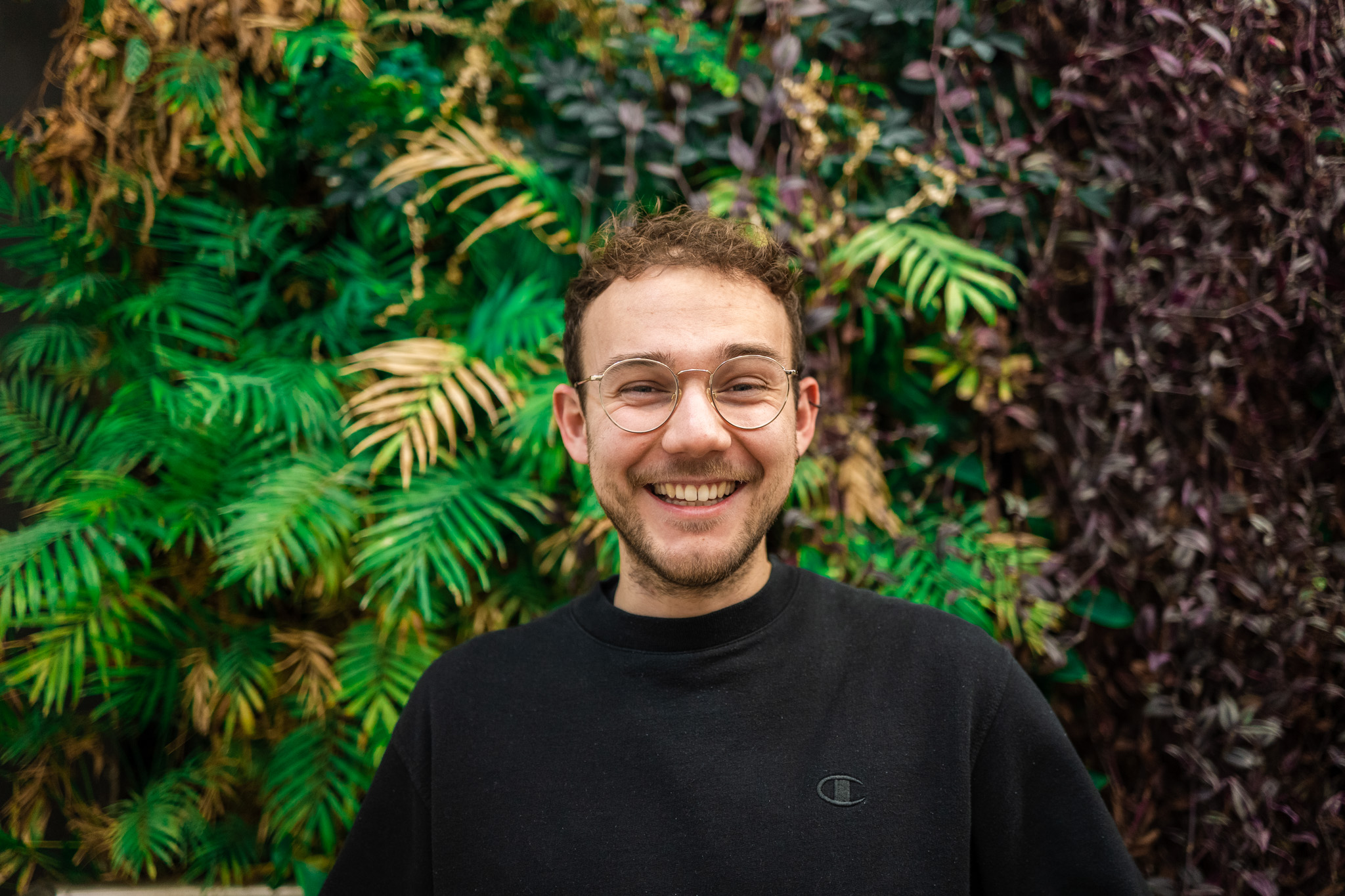For Lewis Smith studying French as part of his degree means a new culture, practising French in the heart of Paris and the possibility of working abroad at the end of his degree.
Why did you choose to study a year in French?
I chose to study a Year in French for various reasons. I have always wanted to learn a second language; however, I have struggled to dedicate time and effort into doing so. Although I’ve learnt basic French over the years, I always felt as if I couldn’t progress beyond a certain point when learning it. The idea of an intensive, absolute beginner’s class sounded challenging but rewarding. Most people in the UK do not speak another language and I feel that knowing another language is essential in improving employability but, most importantly, for becoming more culturally aware and breaking down barriers that languages can have between people.
Alongside this, the aftermath of the pandemic meant that I felt as if I didn’t have a ‘proper’ university experience. The extra year meant I could enjoy another year and focus on activities I would not have been able to do during covid restrictions. Finally, having a break from my usual course meant I could experience a different area of study, while also improving my employability through extracurricular activities such as the Conservation Society. 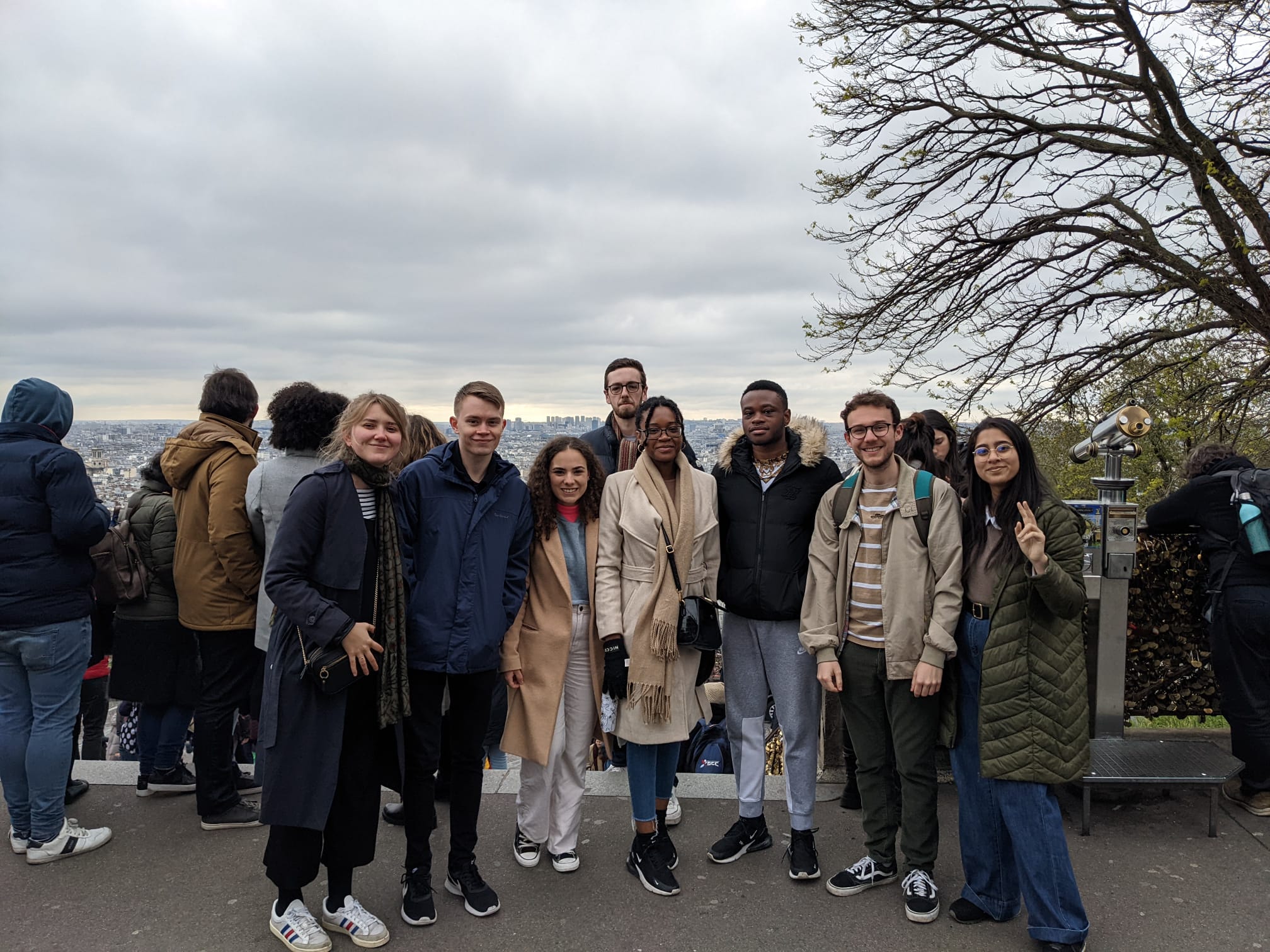
How did you choose what to do?
When given the opportunity to do a ‘Year in’, it took me a while to decide which subject I wanted to study. Kent offers various subjects to choose from, not just in languages. I decided on French as it is a language that I have greatly appreciated all my life. I also knew that many employers look fondly on those who speak a second language and that my career path in conservation may need a language one day. Finally, realising the potential it has in building relationships and meeting people is well worth the time spent learning it, particularly as I had French housemates! 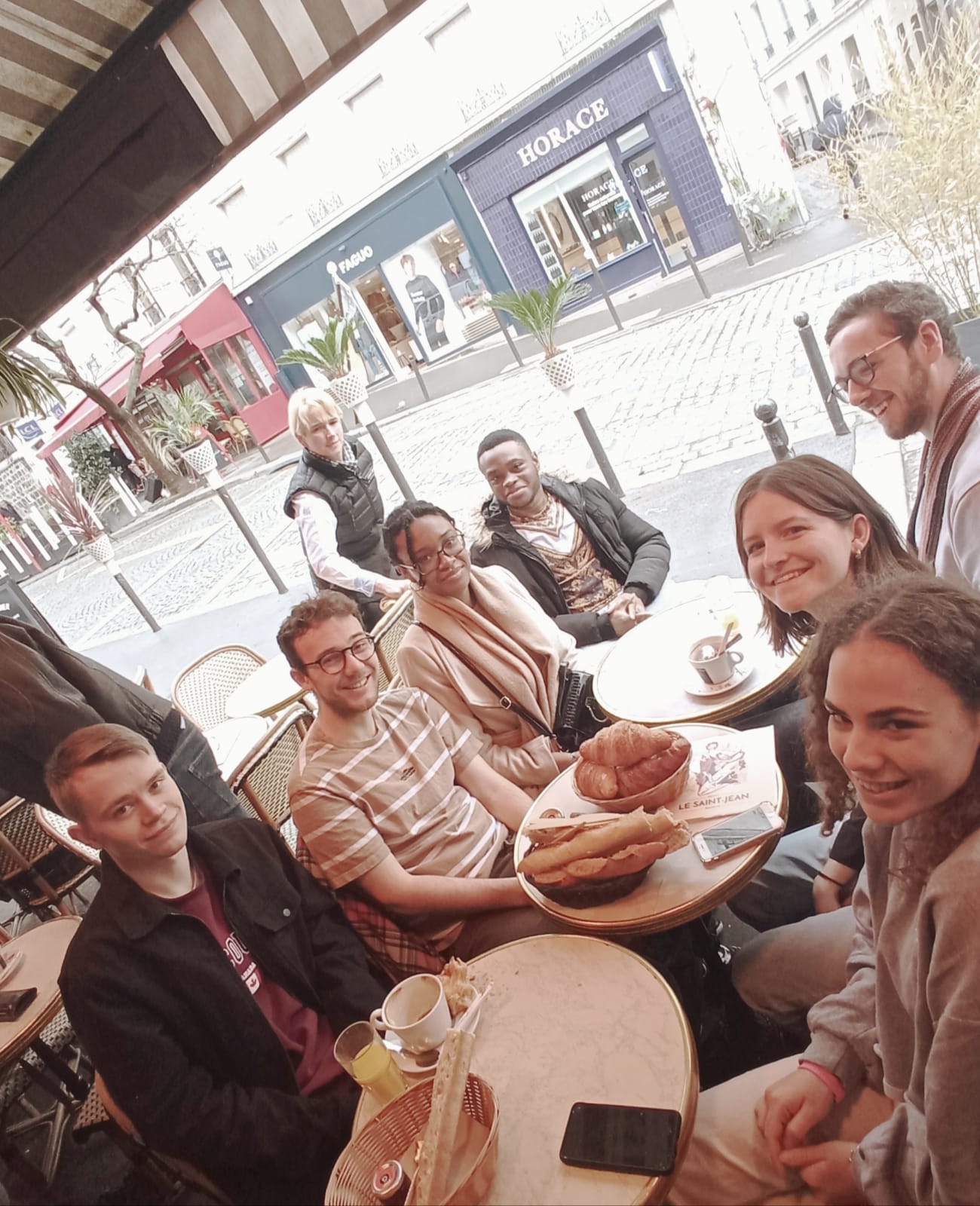
What did you do during your year in French?
During the year, we had 2 hours of class every day, work to complete between each lesson. We started from absolute beginner level, working our way up to B1/B2 standard. We would have lessons on grammar, vocabulary, and culture. Each week we would have a lecture dedicated to a cultural aspect of France, alongside learning the language. The year is set out in a way that you are immersed in the language, using it every day to consolidate your language skills. Finally, ending our year, we were able to spend a few days in Paris, guided by our teachers to use the French we had learned and experience French culture.
What was your favourite memory?
My favourite memory is our class trip to Paris. At the end of our course, we arranged a trip to Paris with our class. It was so much fun being able to use the skills I had learnt and see the culture of France in person. Exploring the city with friends made on my course as we used our French proved challenging but very fun. It could be difficult at times but even in the short time we were there, my French improved massively and putting it into practice and conversing with French people made the trip feel more special than if I had gone to Paris without knowing French.
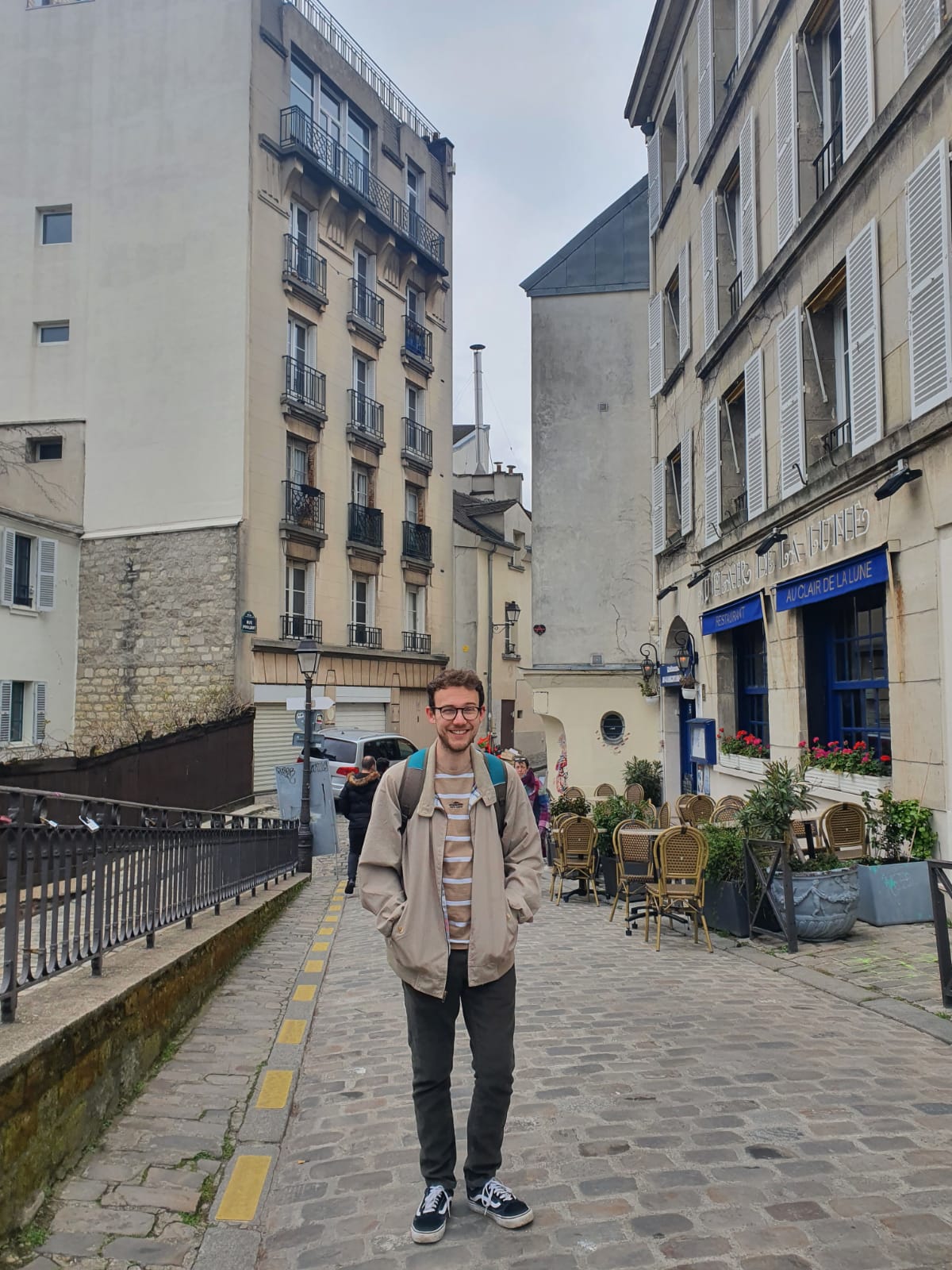
What about academic or study support?
The staff who taught us were phenomenal. They provided us with amazing resources, ensuring the course went at a pace where everyone in the class was comfortable. Even beyond the classroom, the support we received was endless and they would always be willing to help if we had any problems or were struggling with a certain topic.
What skills have you developed for the workplace?
The main skill I developed is, of course, my ability to speak French. However, I have also gained cultural knowledge and intelligence of French culture, particularly due to the regular lectures we would have on French culture. Furthermore, the year, surprisingly, helped me to understand my own language and culture better. Learning the grammatical foundations of French helped me understand basics linguistic techniques and how languages have developed over time. 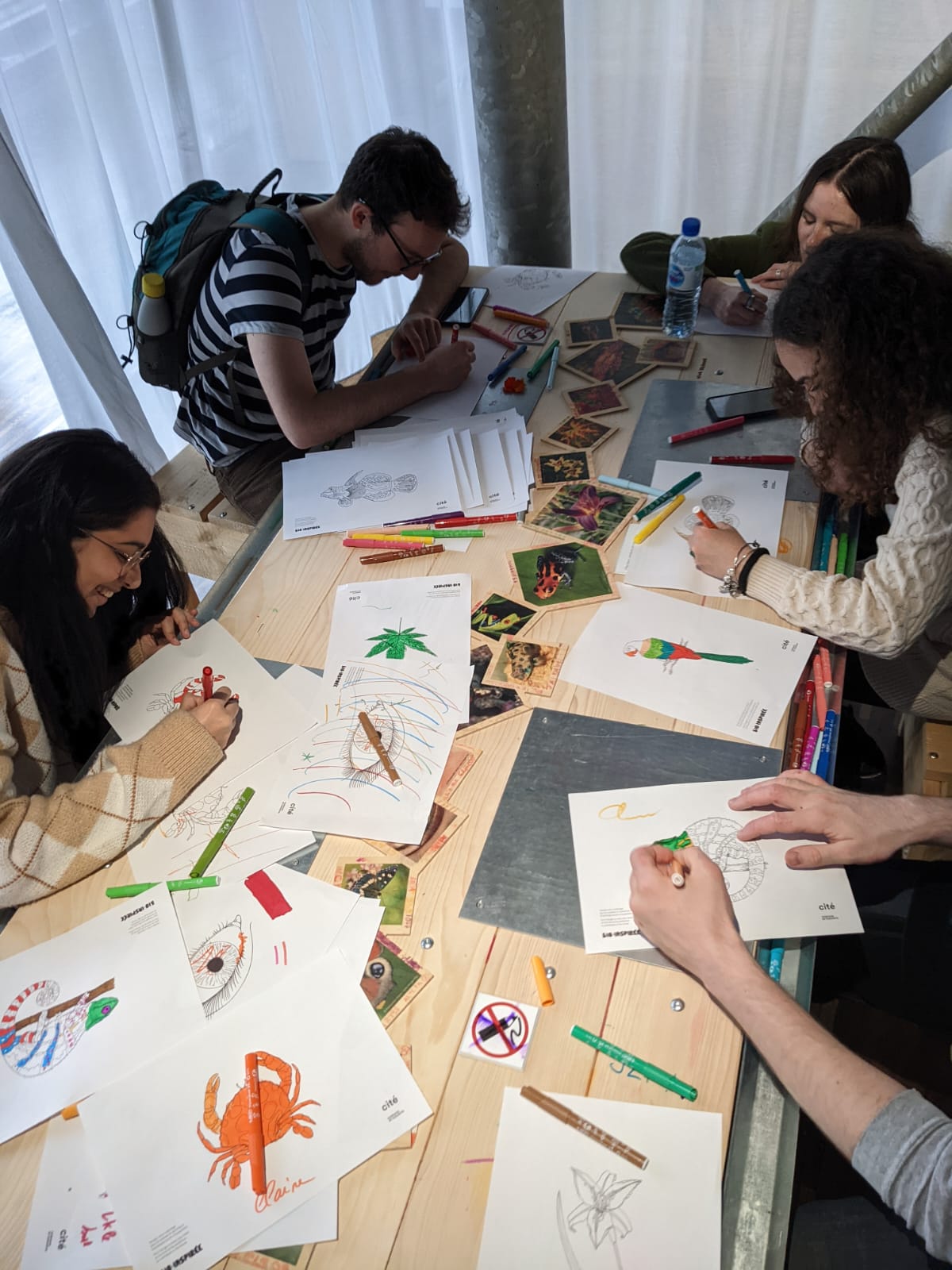
How has your degree helped your career prospects?
The year in French made me realise I would love to work in another country. Wildlife conservation coincides well with learning French, particularly if I want to work in French-speaking African countries where many conservation initiatives are based. Being able to break down language barriers that would otherwise prevent me from getting to know someone can prove vital in networking.
What do you want to do in the future?
I’m not completely certain about what I want to do in the future, however, I know that I want to travel and potentially work in another country. I would love to explore the world and use the language skills I acquired to improve my cultural intelligence and potentially learn another language. Although I am far from completely fluent in French, I want to continue learning it and using it in my day-to-day life.
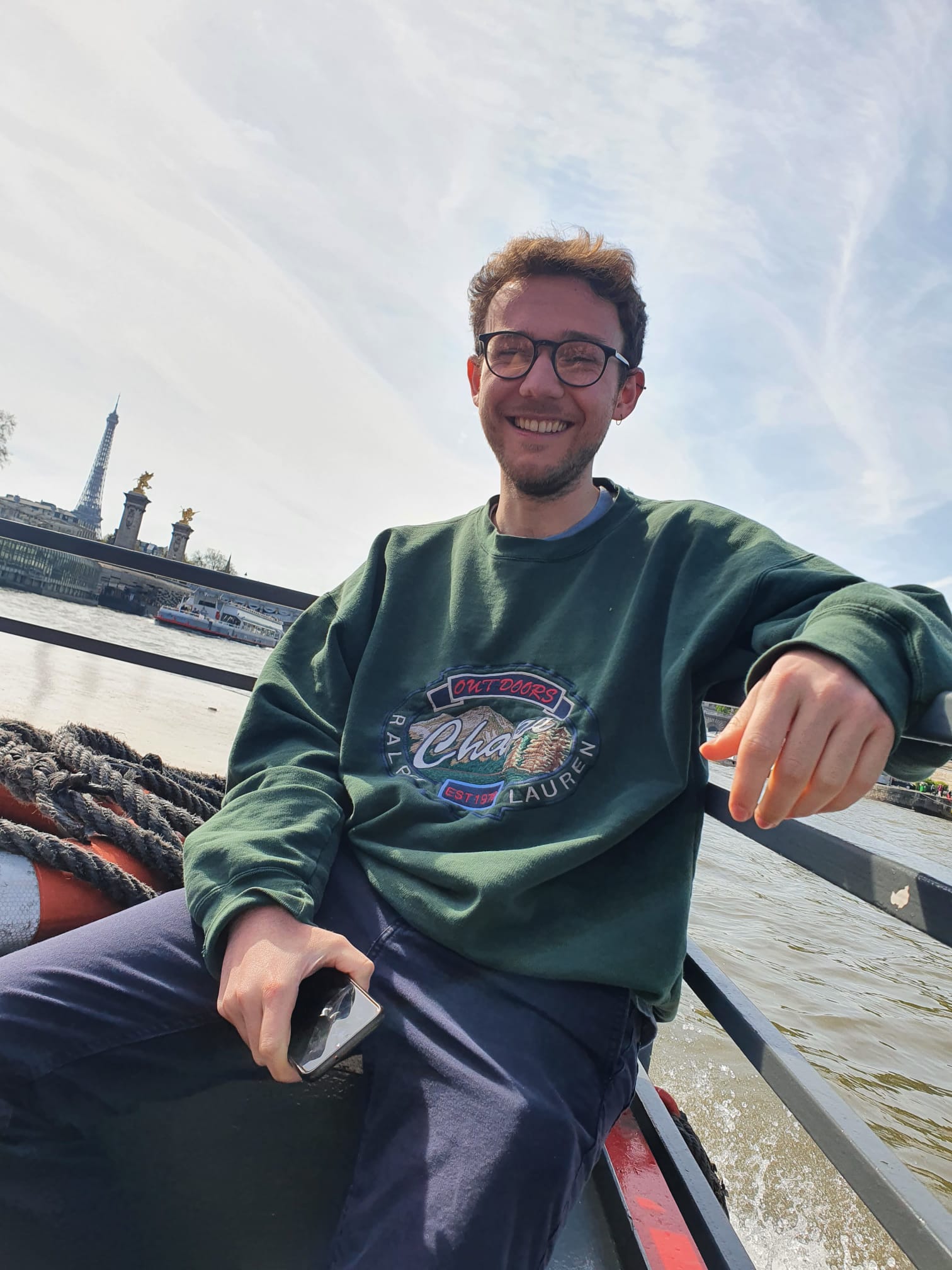
What advice would you give to a prospective student considering taking a year in language?
I think deciding to take a year in, languages especially, should be based on various reasons. Taking on an extra does not come without risks, therefore, you should make your decision based on different factors. Career aspirations are important when deciding to dedicate a year to learning a language. Asking yourself questions can help you reach this decision. For example, where is it that you want to work? Or will the career you want require another language?
Thinking about how you can use the extra time on campus to further benefit your career aspirations is also worth noting. Another year on campus means more chances to get involved and improve your employability. Finally, you need to be passionate and curious about the language you’re thinking of taking. Be prepared to immerse yourself in it and you will make the most of the year!
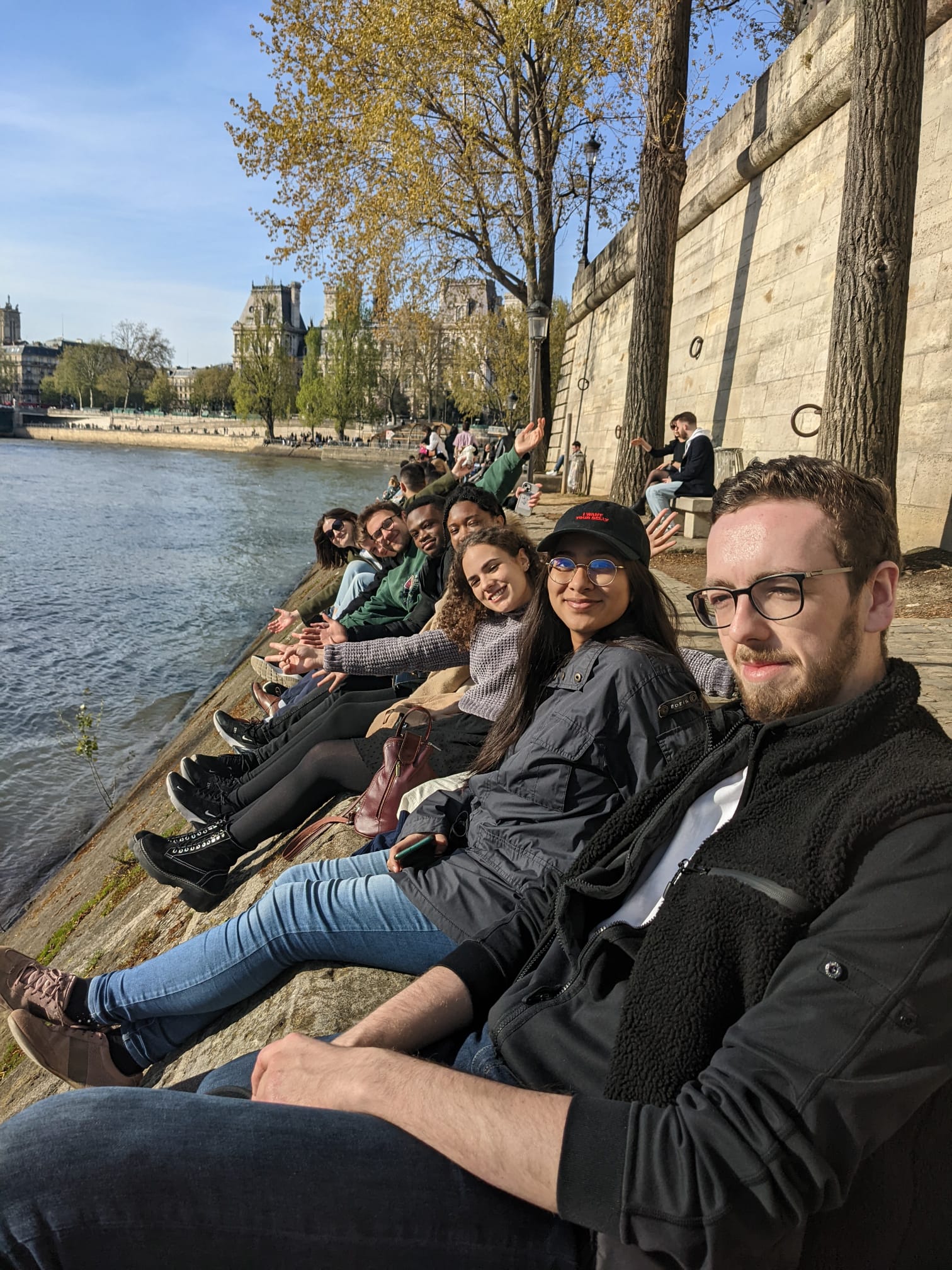
Lewis Smith is currently studying BSc Wildlife Conservation with a Year in French (now called BSc Ecology and Conservation).

